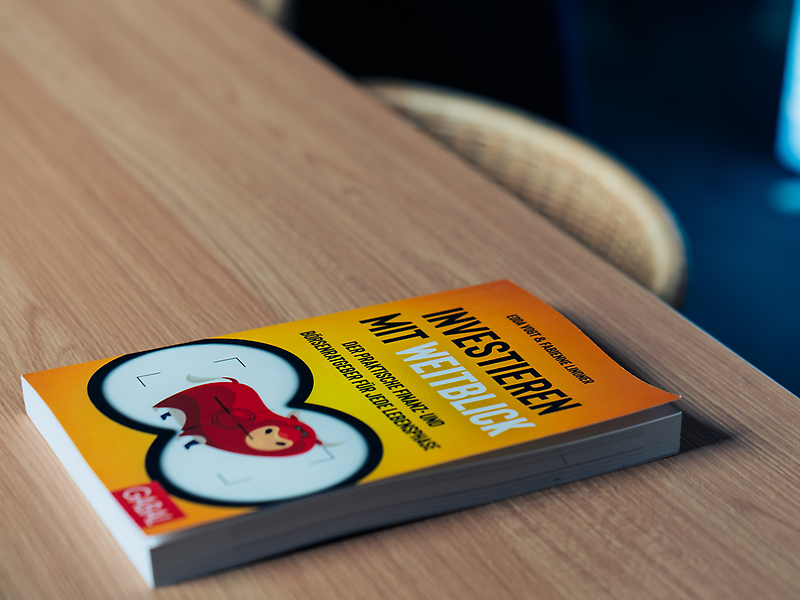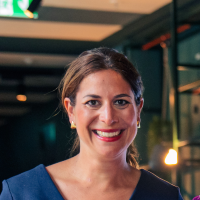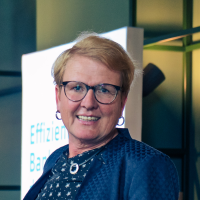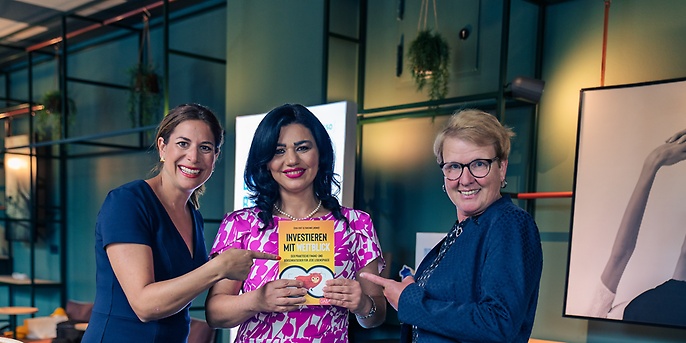Financial education means opportunities for greater participation, growth and prosperity. It empowers people to make self-determined decisions and helps them to better assess risks and avoid serious mistakes. At the same time, it enables people to set and achieve long-term goals, such as retirement provision, educational goals or the acquisition of property. But it also implies an important prerequisite for social welfare and the financial system: financial education contributes to the stability and security of economic systems. It promotes social participation in the economy, enables individuals to achieve financial goals and make informed economic decisions that go far beyond their own sphere of influence and have an impact on society as a whole. Financial education and financial literacy are therefore the basis for responsible and self-determined decisions in financial matters.
With the increasing digitalisation of the financial sector, financial institutions are playing an important role in minimising the perceived complexity of financial decisions such as consumption, saving, financing, provision for old age and wealth creation.
In this interview, our experts Edda Vogt and Fabienne Lindner show us how financial planning can not only be successful, but also fun. Together, we take a look behind the scenes.



